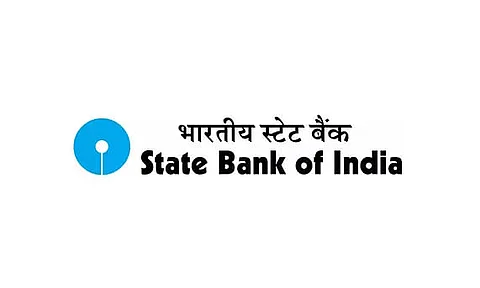
- Home
- Live Blog
- Breaking News
- Top Headlines
- Cities
- NE News
- Sentinel Media
- Sports
- Education
- Jobs

State Bank of India (SBI) released the latest job notification for the recruitment of Deputy Chief Technology Officer vacancy. Interested candidates can apply before the last date. Check more details on the SBI job vacancy 2022.
State Bank of India (SBI), Mumbai has released official advertisement notification for the recruitment of Deputy Chief Technology Officer Vacancy. Desirous candidates can check all the job details of no of posts, age limit, salary, qualification, etc prescribed below:
|
SBI Job Opening |
|
|
Name of Post |
Deputy Chief Technology Officer |
|
No.of Vacancy |
02 |
|
Age limit |
As per the State Bank of India recruitment notification, the candidate's maximum age should be 45 years , as on 01-01-2022. |
|
Salary |
As Per Norms |
|
Job Location |
Mumbai – Maharashtra |
|
Last date |
30-Sep-2022 |
|
Application Fee |
General/OBC/EWS Candidates: Rs.750/- SC/ST/PwBD Candidates: Nil Mode of Payment: Online |
|
Official Website |
sbi.co.in |
As per SBI official notification candidate should have completed BE/ B.Tech/ ME/ M.Tech in Software Engineering/ Computer Science & Engineering/ Information Technology/ Computer Technology/ Electronics/ Electronics & Communications, MCA, MBA from any of the recognized board or University.
Interview
Interested and eligible candidates can apply Online at SBI official website sbi.co.in, Starting from 10-09-2022 to 30-Sep-2022
Disclaimer: Provided by State Bank of India
The State Bank of India (SBI) is an Indian multinational, public sector banking and financial services statutory body. It is a government corporation statutory body headquartered in Mumbai, Maharashtra. SBI is ranked as one of the Fortune Global 500 list of the world's biggest corporations of 2018. It is the largest bank in India with a 23% market share in assets, besides a share of one-fourth of the total loan and deposits market.
The bank descends from the Bank of Calcutta, founded in 1806, via the Imperial Bank of India, making it the oldest commercial bank in the Indian subcontinent.
The Bank of Madras merged into the other two "presidency banks" in British India, the Bank of Calcutta and the Bank of Bombay, to form the Imperial Bank of India, which in turn became the State Bank of India in 1955.
The Government of India took control of the Imperial Bank of India in 1955, with Reserve Bank of India (India's central bank) taking a 60% stake, renaming it the State Bank of India.